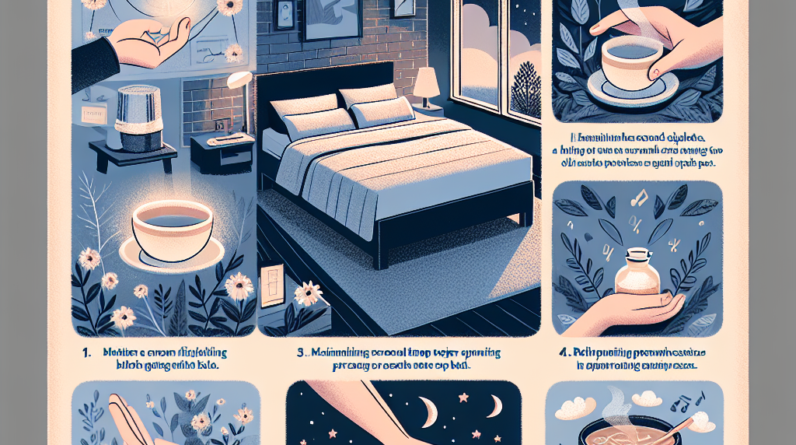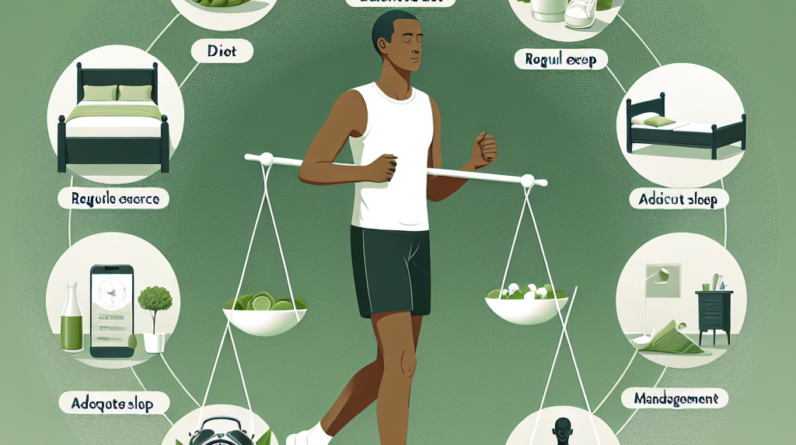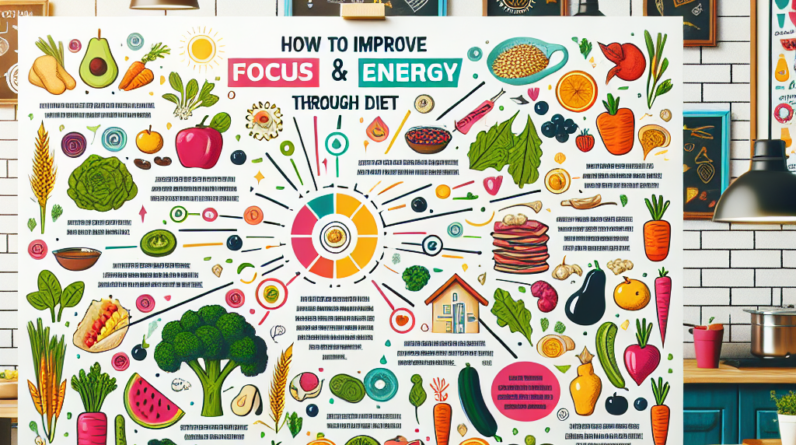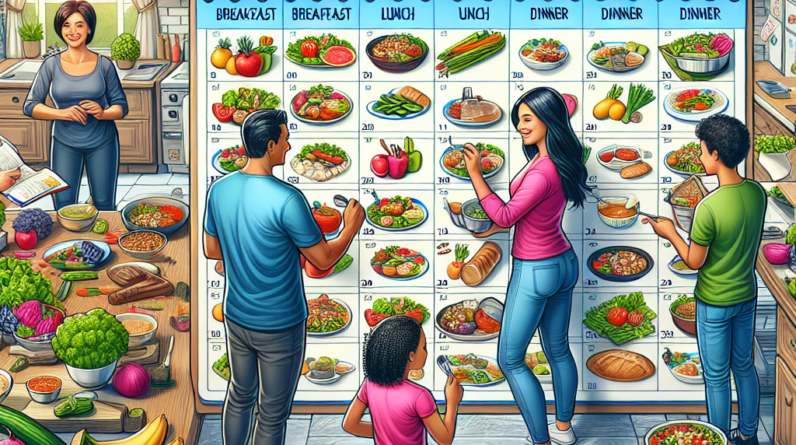
Establish a Relaxing Bedtime Routine
Creating a Wind-Down Period
One of the best things I’ve done for my sleep is establishing a relaxing bedtime routine. After a long day, it’s super important to give your mind and body a chance to unwind. I usually start my wind-down about an hour before bed. This means no screens, no emails, and definitely no work. Instead, I find a comfy spot on my couch, maybe with a cup of herbal tea, and just chill for a bit. It’s all about transitioning from the go-go-go of the day to the calm of the night.
Get a Huge Discount and Bonus! Try for 90 Days Risk Free
I’ve learned that creating this time helps signal to my body that it’s time to sleep. It’s like telling your brain, “Hey, it’s time to relax!” I might read a book, meditate, or even do some gentle stretches to make sure my body is relaxed. The goal is to reduce stress levels and promote feelings of peace and calm.
Remember, consistency is key! The more regularly you practice your relaxing bedtime routine, the easier it becomes to fall asleep. Over time, it will feel like second nature, and you’ll notice such a difference in your sleep quality.
Optimize Your Sleep Environment
Tuning into Comfort
Your sleep environment can make or break your night’s rest. I’ve found that having a comfortable mattress and pillows is vital. I made the switch to a mattress that fits my sleeping style, and trust me, it was a game changer! Experiment, if you need to, and find what works for you. Don’t ignore those pillows—having the right support can really help.
Next up is temperature. I always keep my bedroom a bit cool—around 65°F is my sweet spot. When it’s too hot or too cold, it’s tough to settle down. If you’re like me and enjoy a cozy blanket, make sure it isn’t too heavy or warm, or else you might end up tossing and turning all night long.
Lastly, consider your lighting. I prefer to sleep in a dark room, so blackout curtains have been my best friends. If I can still see any light, I feel like I’m just not fully relaxed. I even invested in a good sleep mask to block out light when I’m traveling. Finding an environment that promotes relaxation is crucial for better sleep.
Mind Your Diet and Caffeine Intake
What to Avoid Before Bed
Diet plays a huge role in my sleep quality—I had to learn this the hard way! I’ve definitely made some mistakes in the past, like indulging in caffeine too close to bedtime. Turns out, a favorite afternoon pick-me-up can keep me wide awake at night. I now make sure to limit caffeine intake in the earlier part of the day, and I’ve switched my afternoon coffee to decaf, just to play it safe.
It’s also wise to avoid heavy meals within a few hours of going to sleep. A full stomach can turn into a restless night, so I’ve found having dinner a little earlier is beneficial. Plus, I’ve started opting for lighter snacks if I do get peckish in the evening—think yogurt or a banana. It’s all about keeping things easy on my digestive system.
Staying hydrated is important too, but I’ve learned not to overdo it right before bed. I keep a glass of water handy for the night, but I limit how much I drink an hour before hitting the sack to avoid those annoying midnight bathroom trips. Your body will thank you for being mindful about what you consume!
Get a Huge Discount and Bonus! Try for 90 Days Risk Free
Engage in Regular Physical Activity
Finding Your Groove
Let’s talk about exercise! For a long time, I thought working out solely in the morning was the best way to feel energized. While that does help, I’ve realized that any regular physical activity during the day makes it easier for me to fall asleep at night. A brisk walk or even a yoga session can do wonders. Just find what feels right for you and aim for consistency.
Good Health Solution is Easier Than Most People Think!
Take a Look for Yourself!
I’ve also discovered that working out too close to bedtime can keep me buzzing long after my session ends. Instead, I like to finish my exercise at least a few hours before I plan to sleep. That way, I’m not tossing and turning from adrenaline when I should be drifting off!
Need a Serious Energy BOOST? Huge Discount Try for 90 Days Risk Free
Another tip I’ve learned is listening to my body. Some days it’s just about relaxed stretching, and other days, it’s a full-on workout. The key is to stay active, but also to find balance so that I feel ready for a good night’s rest without overdoing it.
Manage Stress and Anxiety
Embracing Relaxation Techniques
Let me tell you, stress can be a huge sleep robber! I used to have trouble turning off my thoughts and winding down, but incorporating some relaxation techniques into my nightly routine has been a lifesaver. Whether it’s mindfulness meditation, deep breathing exercises, or even journaling, I’ve learned that taking a few moments to clear my mind really helps me prep for sleep.
Additionally, I love guided sleep meditations or calming music to help me ease into slumber. There are tons of apps and online resources that provide these—just find what resonates with you. Sometimes, all it takes is focusing on my breath for a few minutes to melt the stresses of the day away.
Remember to be gentle with yourself. It’s a process, and it requires practice. Using these techniques regularly helps me build a better relationship with my sleep, and eventually, I find I’m able to let go of my worries much easier as I’m settling in at night.
FAQs
1. How long does it take to see improvements in my sleep?
It really depends on the individual, but you might notice changes within a week or two of implementing these strategies. Staying consistent is key!
2. Are there specific foods that promote better sleep?
Yes! Foods like bananas, almonds, and turkey contain nutrients and compounds that can help promote restful sleep. Incorporating these into your diet could help.
3. Is it okay to take naps during the day?
Short naps can be beneficial, but if you find they make it harder to sleep at night, it’s best to limit them. I aim for 20-30 minutes and always before 3 PM.
4. What should I do if I can’t fall asleep?
If you can’t fall asleep after about 20 minutes, get up and do something relaxing until you feel tired. It’s better than lying there feeling frustrated!
5. Can technology help improve my sleep?
Absolutely! There are numerous apps for sleep tracking and guided sleep meditations that can enhance your sleep experience. Just remember to put the phone down during your wind-down time!








